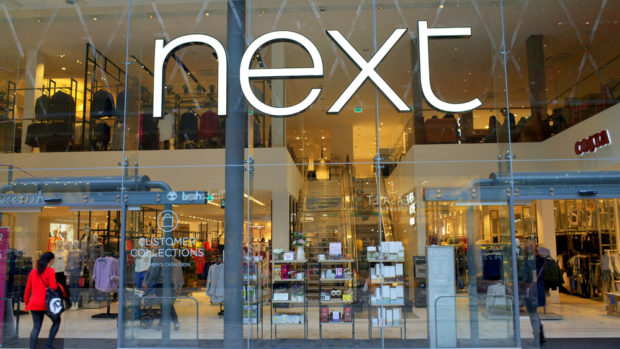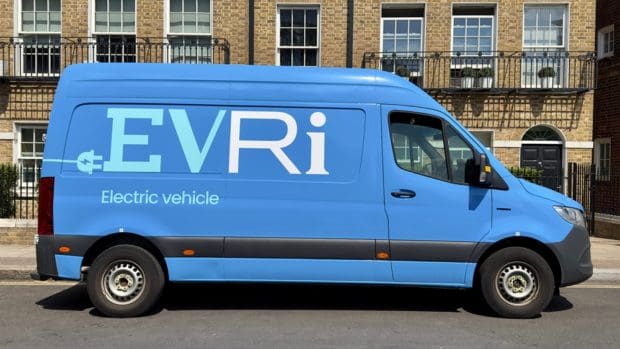Parliamentary Snapshot 2017, sponsored by Bircham Dyson Bell (BDB) and based on a representative YouGov survey of Members of Parliament, shows that Britain’s entrepreneurs have a stark choice between Britain’s the two main parties: low tax, hard Brexit backing Tory MPs, or high tax Remainer Labour MPs.
Though plenty of Brexiteers offered a softer vision of life outside the EU – something akin to a Norway-style relationship that maintains access to the Single Market – 66 per cent of conservative MPs now think leaving the EU through a hard Brexit would be best for British entrepreneurs. In contrast, just 8 per cent of Labour MPs think entrepreneurs need a hard Brexit, and 71 per cent think remaining within the EU would be positive. Any entrepreneurs who didn’t vote to leave the EU will be discouraged that Labour’s leadership doesn’t reflect the will of its MPs, and dismayed that the Tory’s increasingly does.
In four years of undertaking this survey with BDB, there has always been a divergence between Conservative and Labour MPs around tax and spending. But this year the division is particularly acute. Just 26 per cent of Labour MPs think lowering personal taxes would be good for entrepreneurship, and a surprising 30 per cent think lowering personal taxes would negatively impact
entrepreneurial activity in the UK. Nearly all, 91 per cent, of Conservative MPs favour lowering personal taxes for entrepreneurs. And on business taxes, 92 per cent of Conservative MPs like the idea of cutting them, while Labour support has dropped from 59 per cent last year to 37 per cent this year. Whether this is driven by a new intake with different priorities or growing confidence following Corbyn’s surprising election gains, Labour MPs seem to have drifted a long way from the centre.
The findings aren’t all discouraging though. We should be heartened that the parties are united in their support for making it easier for entrepreneurs to move to the UK – 79 per cent think this would be a positive move. Similarly, 62 per cent think entrepreneurship would flourish if we were to make it easier to hire skilled workers. MPs from the two main parties are more supportive of this measure than when we first asked them in 2014. Back then, 40 per cent of Conservative MPs and 53 per cent supported the measure; now it’s 50 per cent and 70 per cent. If MPs decide to lead public opinion then perhaps immigration after Brexit won’t be as restrictive as many fear.
We also asked MPs about specific initiatives designed to support entrepreneurs. The top three across the House of Commons are Business Rates Relief (78 per cent positive), Enterprise Zones (75 per cent positive) and the Regional Growth Fund (70 per cent positive). Over the years of this survey, MPs’ sentiments have shifted towards a number of initiatives. This year, the big winners are Tech City UK, Innovate UK, Catapult Centres, the Northern Powerhouse and the British Business Bank. The big losers are Venture Capital Trusts, the Enterprise Investment Scheme, Patent Box and the Seed Enterprise Investment Scheme. It’s not that MPs are actively against these tax breaks, it’s just an increasing number haven’t heard of them. This is concerning, as these unknown tax breaks are seen by entrepreneurs as vital for their ability to scale their business.
Over half, 54 per cent, of the MPs have never heard of Venture Capital Trusts or don’t know enough about them to know whether if they’re effective, and 61 per cent have the same trouble judging the Seed Enterprise Investment Scheme. The Enterprise Investment Schemes are perhaps the most celebrated policy among the 10,000 ambitious entrepreneurs in our network. Investors and business owners should be troubled that many MPs don’t know about the tax breaks they value most.
We can’t expect MPs to know about every initiative, and the good news is that this year’s cohort is less ignorant than when we surveyed the Commons in 2016. But it’s hard not to conclude that the House of Commons doesn’t have a natural party for entrepreneurs. We should be encouraged that MPs are open to letting more entrepreneurs come to the UK, but they would do well to spend more time thinking about what will make them want to come, as well what will convince Britain’s current crop of entrepreneurs to stay.








Share